Syria: Origins of the uprising
- Published
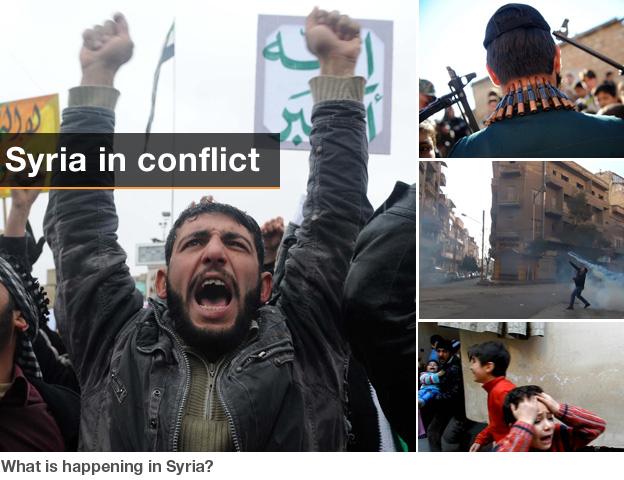
A bloody internal conflict is threatening to become a full-blown civil war. Syria's government has been trying to suppress a popular uprising since March 2011, employing increasing levels of violence. Now, with a militia mainly drawn from President Bashar al-Assad's Alawite sect accused of massacres, there are fears the violence could become more sectarian in nature. According to the UN, thousands have so far been killed.
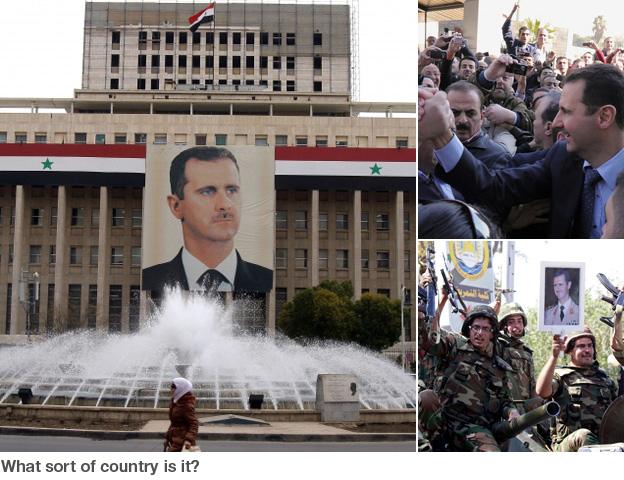
The family of President Bashar al-Assad has been in power since his father, Hafez, took over in a coup in 1970. The country underwent some liberalisation after Bashar became president in 2000, but the pace of change soon slowed, if not reversed. Critics are imprisoned, domestic media are tightly controlled, and economic policies often benefit the elite. The country's human rights record is among the worst in the world.
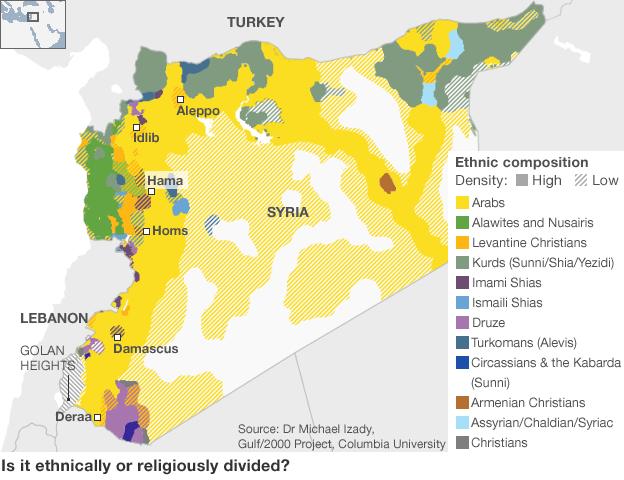
Syria is a country of 21 million people with a Sunni Muslim majority (74%) and significant minorities of Alawites - the Shia heterodox sect to which Mr Assad belongs - and Christians. Mr Assad promotes a secular identity for the country, but he has concentrated power in the hands of family and other Alawites. Opposition remains strongest among the poorer sections of the majority Sunni community.
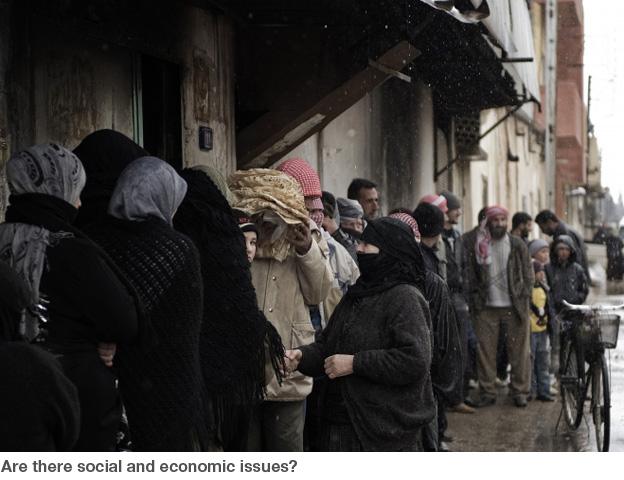
Under the sanctions imposed by the Arab League, US and EU, Syria's two most vital sectors, tourism and oil, have ground to a halt in recent months. The IMF says Syria's economy contracted by 2% in 2011, while the value of the Syrian pound has crashed. Unemployment is high and access to basic needs including food, water, electricity, and medical supplies has been interrupted in conflict-affected areas.
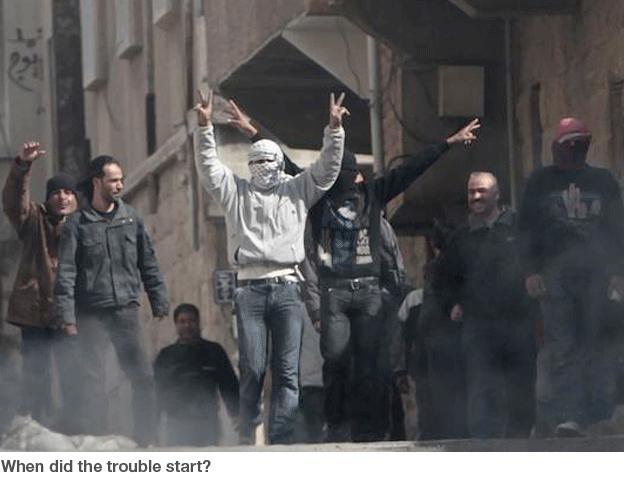
Pro-democracy protests erupted in March 2011 after the arrest and torture of a group of teenagers who had painted revolutionary slogans on their school's walls in the southern city of Deraa. Security forces opened fire during a march against the arrests, killing four. The next day, the authorities shot at mourners at the victims' funerals, killing another person. People then began demanding the overthrow of Mr Assad.
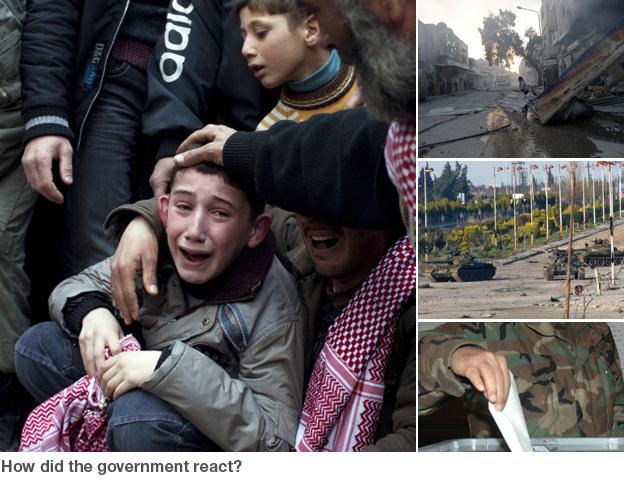
The Assad regime first reacted with a combination of minor concessions and force. It ended the 48-year-long state of emergency and introduced a new constitution. But the authorities continued to use violence, besieging opposition strongholds. A UN-mediated ceasefire in April has been violated by both sides. Reports of massacres in the Houla area and village of Qubair have further put the UN peace initiative in jeopardy.
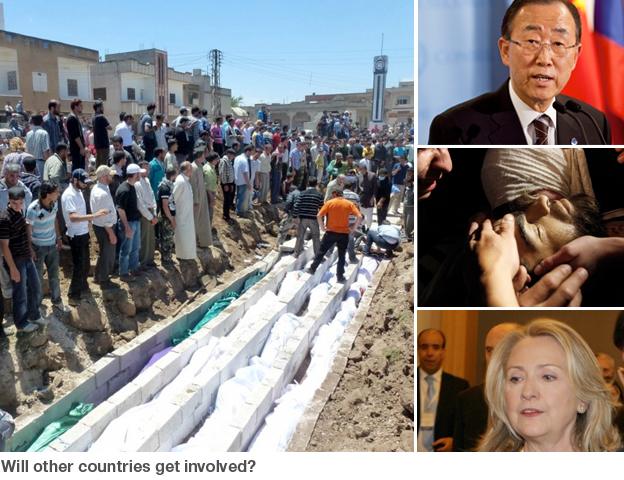
The international community is desperately trying to find a way to prevent Syria from sliding into civil war. UN Secretary General Ban Ki-moon says there is little evidence Syria is complying with the peace plan negotiated by UN and Arab League envoy, Kofi Annan, which demands an end to violence. Mr Annan has called for stronger international action, but China and Russia oppose sanctions and military intervention.